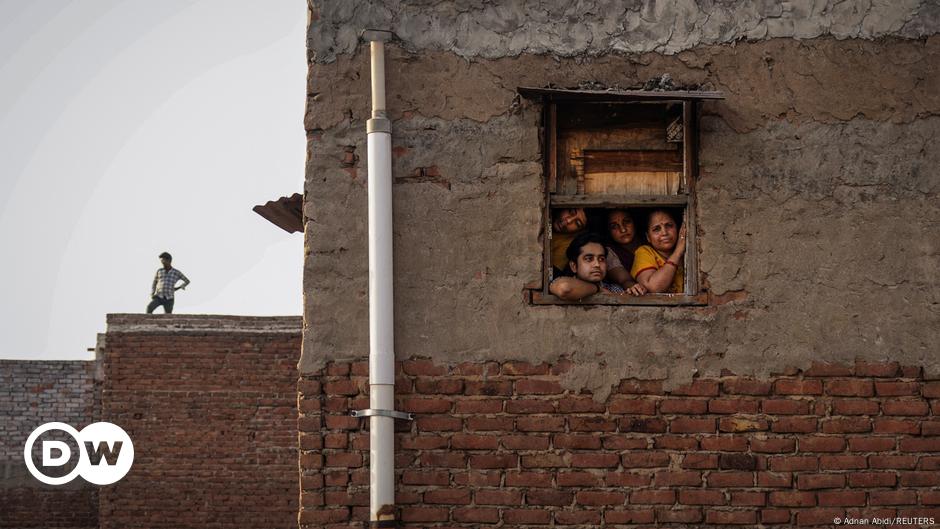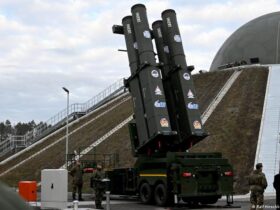According to this, the extreme weather situation disrupted the education of about 242 million children in 85 countries in 2024. a report The United Nations children’s agency UNICEF was released on Friday.
One of the seven students could not go to school due to heat, floods, cyclones and other extreme weather conditions.
The last year was the hottest on the record, the global average temperature in recent years has temporarily crossed the 1.5 ° C warming limit.
South Asia is the most affected area
According to the report, Heatwave affected at least 171 million children. In April alone, 118 million children were affected by the rise in temperature in Bangladesh, Cambodia, India, Thailand and Philippines.
Then later in September, the educational year began with a devastating storm Yagi, which affected East Asia and the Pacific region.
But the most affected area was South Asia, where 128 million school children were affected. Most, 54 million were in India. Most of them were in the grip of heatwave, which also affected 35 million people in Bangladesh.
In April, more than 400 schools were ruined due to floods in Pakistan, while Afghanistan caused a severe floods in May and more than 110 schools were destroyed.
The report estimates that about 74% of the affected children were in moderate and low -income countries.
El Nino had drought in southern Africa for several months, causing school education and future of millions of children. Cyclone Chido and tropical storm Dikelidi ruined Mayat and destroyed more than 330 schools in Mozambique, which severely disrupted education.
UNICEF highlights the ‘unseen’ aspect of climate crisis
UNICEF Executive Director Catherine Russell stressed that education was one of the most often disrupted services due to climate threats.
He warned, “Yet it is often ignored in policy discussions.” “Children should be at the forefront of all climate related schemes and functions.”
Russell also emphasized that the children were “most unsafe” towards the extreme weather.
“They are rapidly warm, sweating less efficiently and are colder than adults,” he said in a statement.
“Children cannot focus on classes where there is no relief from strong heat, and if the water is flooded, or if the school flows, they cannot go to school.”
RMT/LO (AFP, AP)





Leave a Reply